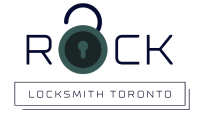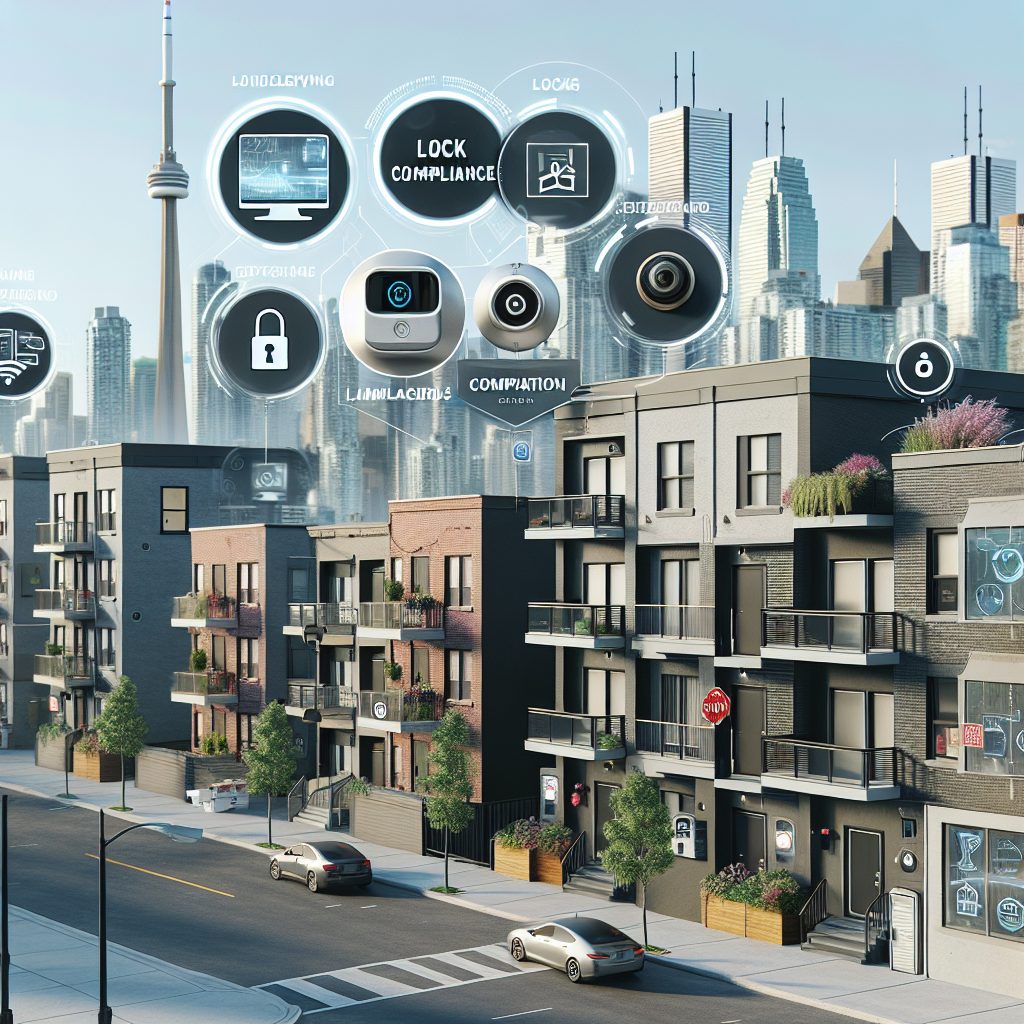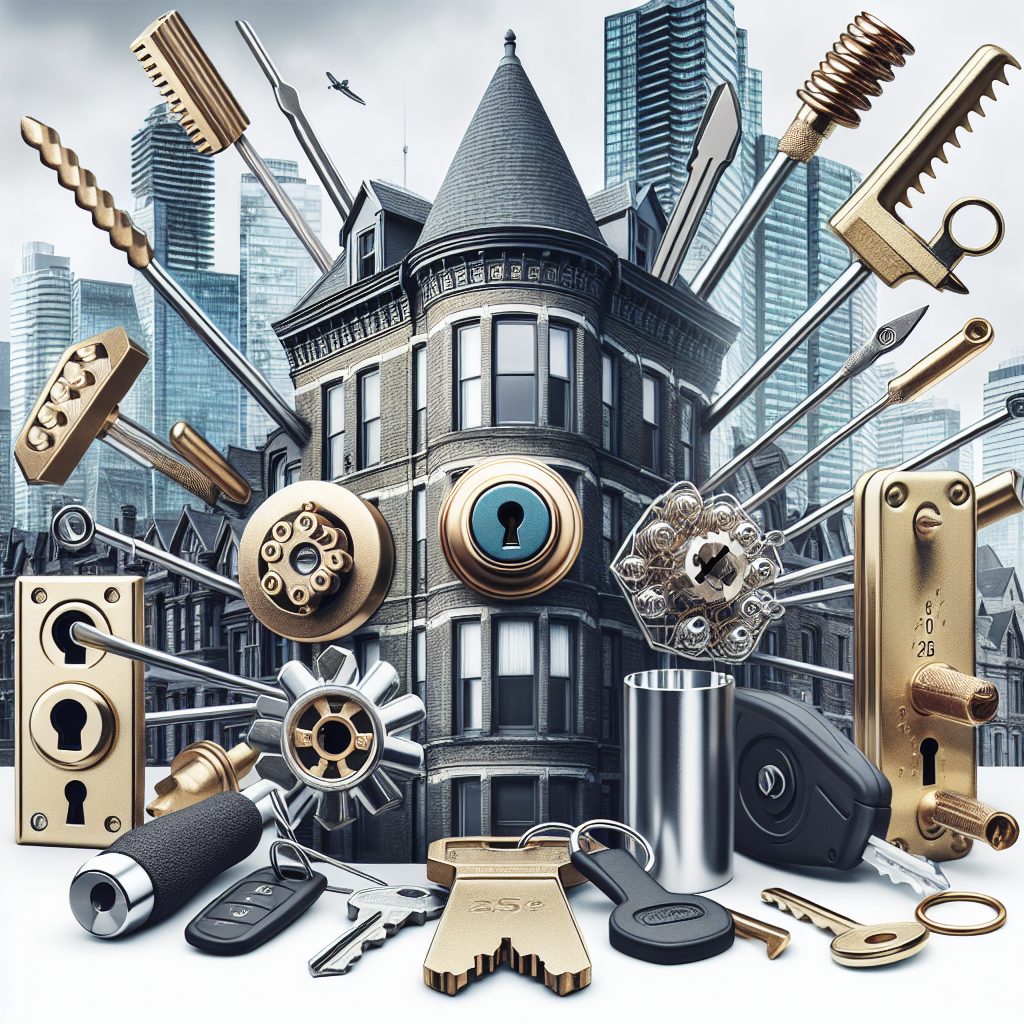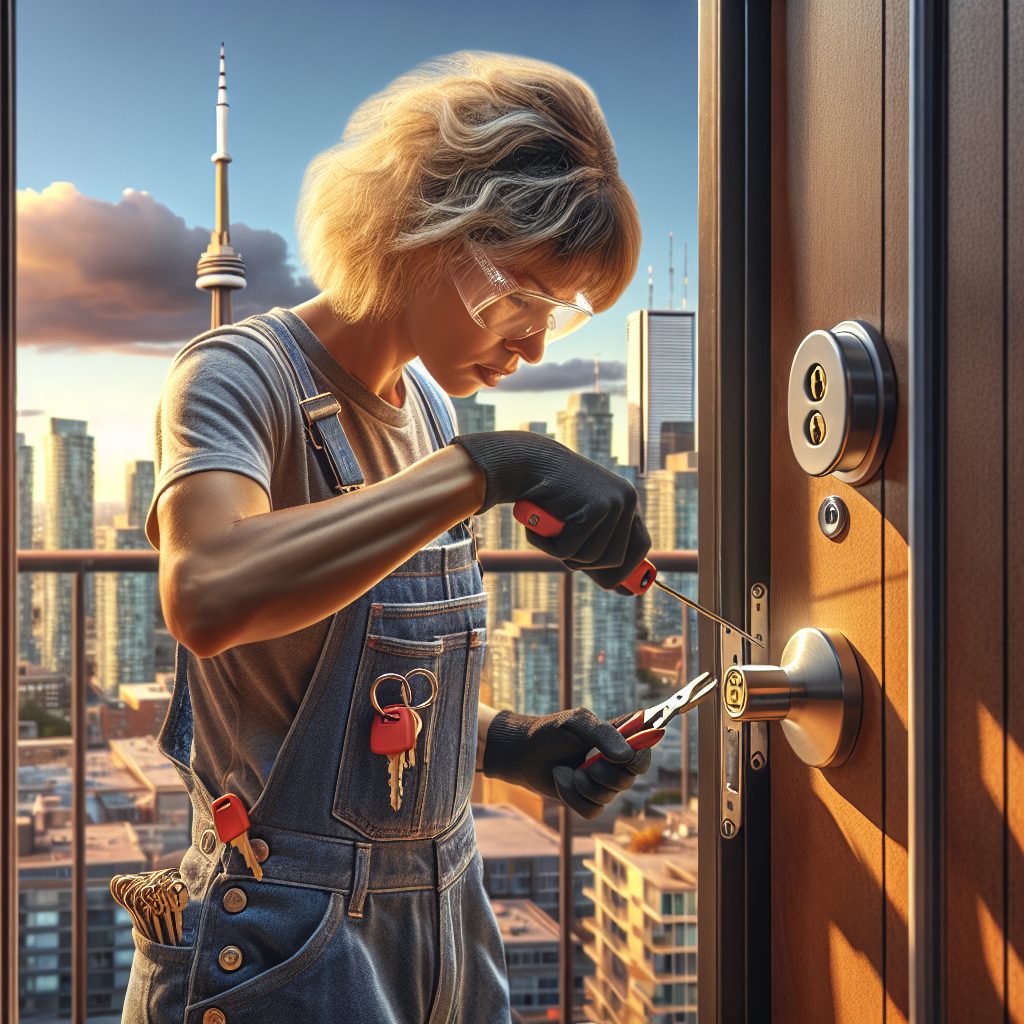Ensuring lock compliance for rental properties in Toronto is a crucial aspect of property management. With an increasing number of residents seeking secure and safe rental accommodations, it is essential for landlords and property owners to meet the necessary lock compliance requirements. Did you know that Toronto has specific bylaws and regulations in place to ensure the safety and security of rental properties? Failure to comply with these regulations can lead to legal consequences and potential risks for both tenants and landlords.
One of the specific impacts of lock compliance in rental properties is the prevention of unauthorized entry. By keeping locks in compliance with the set standards, landlords can minimize the risk of break-ins and protect their tenants’ safety and belongings. Moreover, complying with lock regulations allows landlords to meet the demands of potential tenants who prioritize security when searching for rental properties. In a competitive rental market like Toronto, ensuring lock compliance can be a unique feature that sets a property apart from others and attracts responsible and security-conscious tenants.
Moving forward, let’s explore the key takeaways that we will discuss in this article. We will delve into the specific lock compliance requirements set by the City of Toronto, including the types of locks that meet the standards. Additionally, we will explore the importance of regular lock maintenance and the role of landlords in ensuring lock compliance. By the end of this article, you will have a comprehensive understanding of the significance of lock compliance for rental properties in Toronto, empowering you to make informed decisions as a landlord or tenant.
Key Takeaways
1. The City of Toronto has implemented strict lock compliance regulations for rental properties, aiming to enhance tenant safety and security.
2. Landlords must ensure that all exterior doors, including unit doors and common area doors, have sturdy and approved locks, such as deadbolts and electronic keycards.
3. It is crucial for landlords to regularly inspect and maintain locks to ensure they meet safety requirements and promptly address any issues or vulnerabilities.
4. Non-compliance with lock regulations can result in hefty fines and penalties for landlords, highlighting the importance of adhering to the established guidelines.
5. Landlords should consider consulting with professional locksmiths to ensure lock compliance, understand local regulations, and optimize tenant safety and satisfaction.
1. Can Rental Property Owners Ensure Lock Compliance in Toronto for Tenant Safety and Security?
Understanding Lock Compliance for Rental Properties
In Toronto, ensuring lock compliance for rental properties is not only important for the safety and security of tenants but also necessary to meet the legal requirements set by the city. This section will delve into the key aspects you need to know about lock compliance.
1. Lock Types
There are various lock types that rental property owners can use to ensure lock compliance. From traditional key locks to electronic keyless entry systems, each option has its own advantages and considerations. Assessing the specific needs of your property and tenants is crucial in determining the most suitable lock type.
2. Lock Maintenance and Inspection
Maintaining and regularly inspecting locks is essential to ensure their proper functioning and compliance. This section will discuss the importance of routine lock maintenance, such as lubrication, and the significance of periodic inspections to identify any potential issues or vulnerabilities.
3. Lock Upgrade and Replacement
As technology evolves and security demands change, rental property owners in Toronto should consider upgrading their locks to meet current standards. This section will explain the importance of lock upgrades and replacement, especially for older properties that may have outdated or less secure lock systems.
4. Access Control Policies
Establishing comprehensive access control policies is crucial for lock compliance. This includes determining who has access to which areas of the property, maintaining key control, and implementing security measures such as tenant-specific access codes or key cards. Here, we will delve into the key factors to consider when developing access control policies.
5. Legal Requirements and Regulations
Toronto has specific legal requirements and regulations regarding lock compliance for rental properties. This section will outline the relevant bylaws, codes, and regulations that landlords and property owners must adhere to. Understanding and following these guidelines is essential to avoid legal issues and ensure the safety of tenants.
Tips for Ensuring Lock Compliance in Rental Properties in Toronto
- Regularly inspect all locks on the property to identify potential issues or vulnerabilities.
- Maintain a maintenance schedule for lock lubrication and repair.
- Consider upgrading outdated lock systems to meet current security standards.
- Develop and enforce comprehensive access control policies to regulate property access.
- Familiarize yourself with the legal requirements and regulations related to lock compliance in Toronto.
Frequently Asked Questions
1. Are landlords in Toronto required to ensure lock compliance in their rental properties?
Yes, landlords in Toronto are legally obligated to ensure lock compliance in their rental properties. This means that all locks on the doors of the property must meet certain standards for safety and security.
2. What are the lock compliance requirements for rental properties in Toronto?
The lock compliance requirements for rental properties in Toronto include having deadbolt locks on all exterior doors, ensuring that the locks are properly installed and functioning, and providing tenants with keys to all locks.
3. What happens if a landlord fails to ensure lock compliance in their rental property?
If a landlord fails to ensure lock compliance in their rental property, they may be held liable for any security breaches or incidents that occur as a result. They may also face legal consequences and be required to rectify the situation immediately.
4. Can a tenant request a lock change or an additional lock for their rental property?
Yes, tenants have the right to request a lock change or an additional lock for their rental property. Landlords are required to address such requests within a reasonable time frame, usually within 7 to 14 days.
5. Are there any specific lock brands or types that landlords must use for lock compliance?
There are no specific lock brands or types that landlords must use for lock compliance in Toronto. However, it is recommended to choose high-quality locks from reputable manufacturers to ensure the safety and security of the rental property.
6. How often should landlords inspect and maintain the locks in their rental properties?
Landlords should regularly inspect and maintain the locks in their rental properties to ensure they are in good working condition. It is recommended to conduct inspections at least once a year or whenever a new tenant moves in.
7. Can a landlord charge a tenant for lock replacement or repair?
Unless the damage to the lock was caused by the tenant’s negligence or intentional actions, a landlord cannot generally charge a tenant for lock replacement or repair. It is the landlord’s responsibility to provide and maintain locks that comply with the regulations.
8. Are there any exceptions to the lock compliance requirements for rental properties?
There are no specific exceptions to the lock compliance requirements for rental properties in Toronto. All landlords are expected to adhere to the regulations and ensure the safety and security of their rental units.
9. Can a landlord install additional security measures beyond the lock compliance requirements?
Yes, landlords have the option to install additional security measures beyond the lock compliance requirements. This can include security cameras, alarm systems, or gated entrances. However, any additional security measures must still comply with other applicable laws and regulations.
10. How can tenants report lock compliance issues to the authorities?
Tenants can report lock compliance issues to the appropriate authorities, such as the local housing department or the Landlord and Tenant Board in Toronto. They can file a complaint and provide details of the lock compliance violation.
Final Thoughts
The importance of lock compliance for rental properties in Toronto cannot be understated. It not only ensures the safety and security of tenants but also protects landlords from potential liability. By strictly following the lock compliance rules, landlords can create a secure environment that fosters trust and peace of mind for both tenants and themselves.
Additionally, maintaining lock compliance shows a commitment to providing quality housing and upholding the rights of tenants. It demonstrates professionalism and a regard for the well-being of those residing in your rental properties. By prioritizing lock compliance, landlords can contribute to safer communities and build a positive reputation in the rental market.






Recent Comments